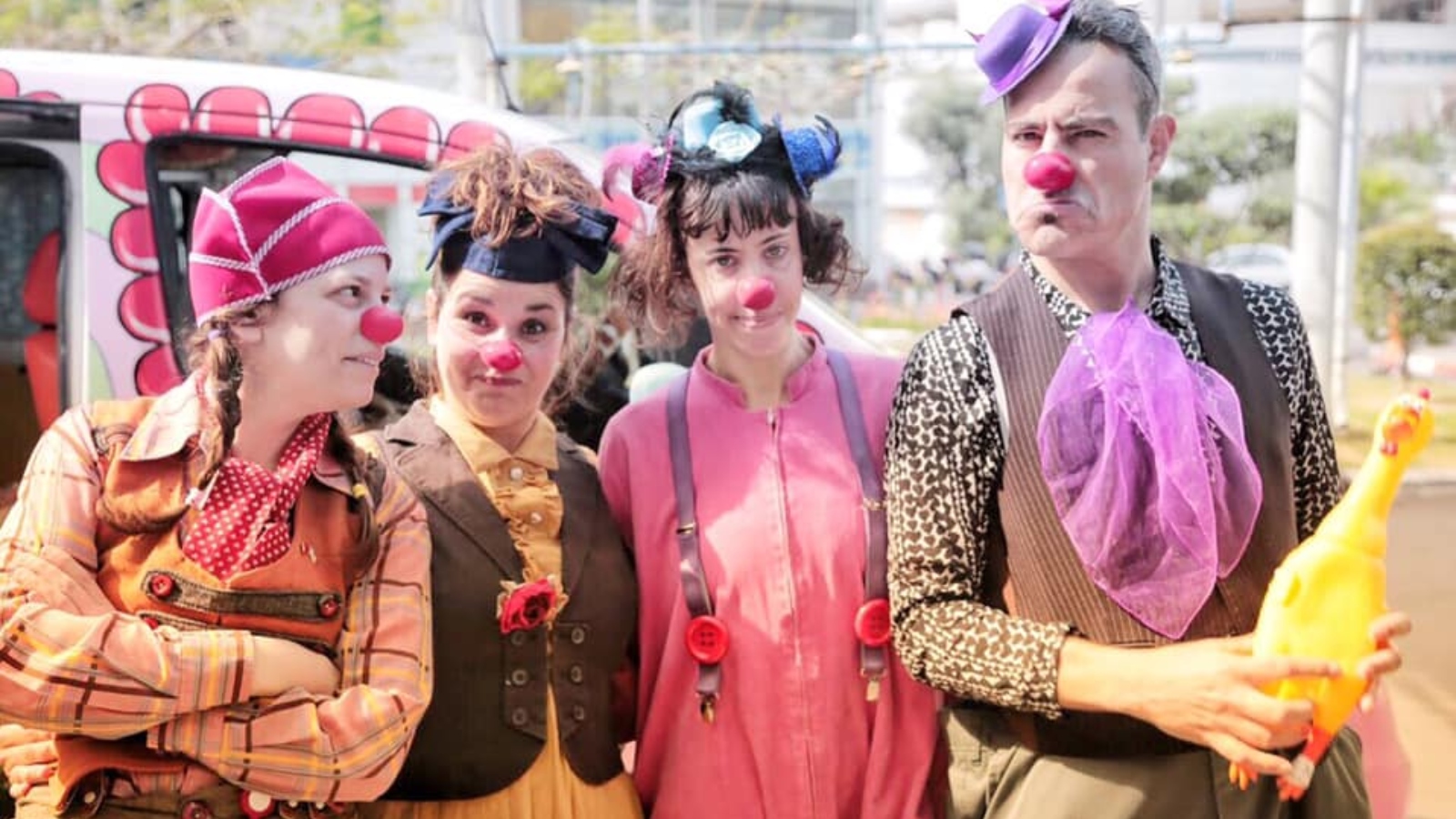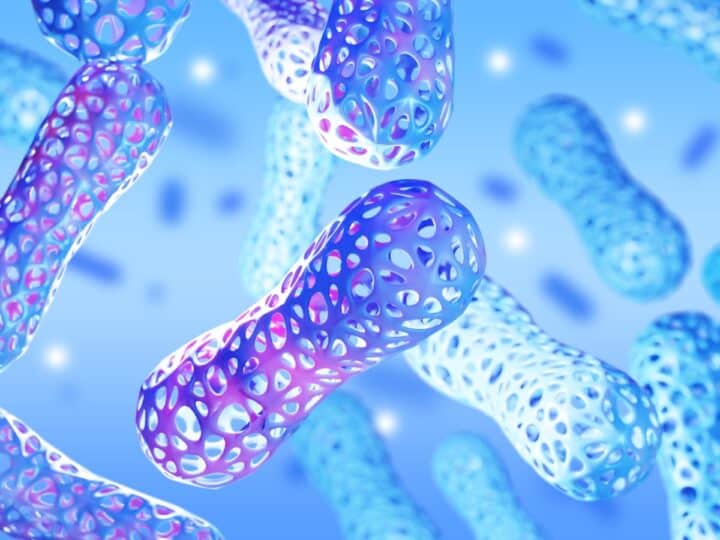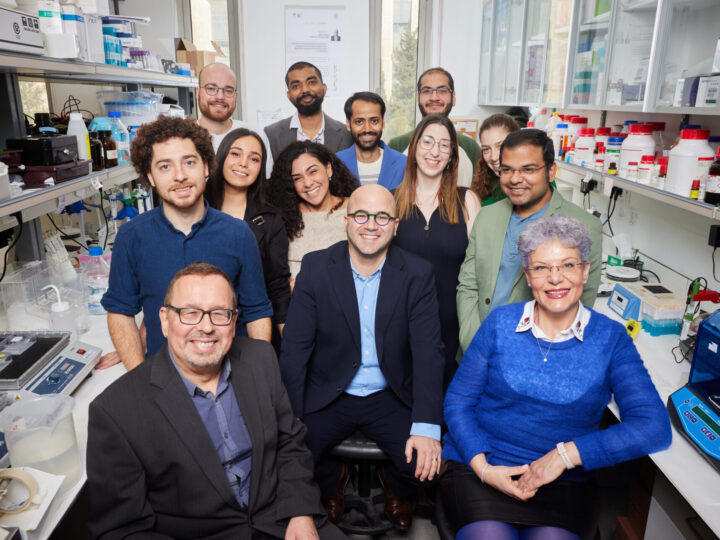A breakthrough Israeli study published in the European Journal of Pediatrics shows that group therapy delivered by a medical clown to young children diagnosed with autism spectrum disorder (ASD) led to significant improvement over time in word production, play reciprocity and amount of social smiles as compared with other interventions.
In addition, the frequency of stereotypical ASD behaviors during and following the clown intervention was lessened in comparison to behaviors before the intervention.
According to the Dream Doctors Project, an Israeli medical clowning organization, this is the first controlled research examining the use of medical clowning as a therapy for children with ASD.
“These preliminary results indicate that medical clowning may be beneficial for young children with ASD, since it promotes communication and social reciprocity in a fun and lively interventional setting,” conclude the authors — Dr. Shahar Shefer, Odelia Leon Attia, Ruth Rosenan, Dream Doctor Hamutal Ende and Lidia V. Gabis from Sheba Medical Center in Tel Hashomer; and Ori Wald from the Center of Academic Studies in Or Yehuda.
The 12-week study involved 24 children (22 boys, two girls) aged 2–6 years old with ASD enrolled in a special-education intensive program at the Weinberg Child Development Center of Sheba’s Safra Children’s Hospital, where a Dream Doctor is a regular member of the therapy team.
The researchers found that medical clowning sessions enhanced communication more effectively than did other developmental and behavioral therapies during the interventions.
Dream Doctors Project established a research fund in 2011 to study the effects of medical clowning, which has so far supported 43 studies, 23 of which have been published in scientific journals. The autism study was supported by the Magi Foundation and the Adelis Foundation.
Previous studies have shown that medical clowning lessens anxiety in children and their parents during preparation for hospitalization, surgery and other invasive procedures; reduces the sensation of pain in children with cerebral palsy during botulinum toxin injections; and improves the overall experience of the child and caregivers during physical examinations.
Fighting for Israel's truth
We cover what makes life in Israel so special — it's people. A non-profit organization, ISRAEL21c's team of journalists are committed to telling stories that humanize Israelis and show their positive impact on our world. You can bring these stories to life by making a donation of $6/month.









